In today’s digital age, establishing a strong online presence is crucial for the success of any startup. Search Engine Optimization(SEO) plays a pivotal role in helping startups boost their visibility, attract organic traffic, and grow their business. However, many startups often overlook or underestimate the importance of SEO. To help you navigate the complex world of SEO, here’s a roadmap tailored specifically for startups to enhance their online visibility and competitiveness.
1. Lay the Foundation with Keyword Research– Search Engine Optimization
Keyword research is the bedrock of SEO. It involves identifying the search terms and phrases potential customers use to find products or services like yours. Start by brainstorming relevant keywords and then use keyword research tools like Google Keyword Planner, SEMrush, or Ahrefs to refine your list.
2. Optimize Your Website
Your website is the virtual storefront of your startup, and it should be user-friendly and search engine-friendly. Here’s how to optimize it:
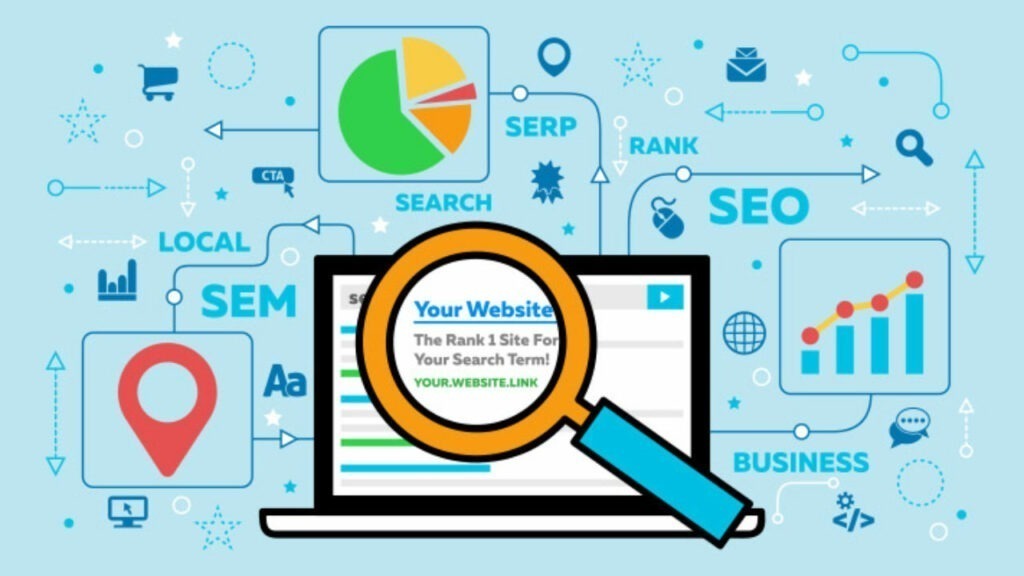
a. On-Page Search Engine Optimization
- Keyword Placement: Strategically place your target keywords in key areas like the title tag, headings, and within the content itself. Ensure natural integration to avoid keyword stuffing.
- High-Quality Content: Create engaging, informative, and unique content that provides real value to users. Search engines favor content that meets user intent and delivers comprehensive information.
- Optimize Images: Compress and optimize images for faster loading times, and use descriptive alt text to make them search engine-friendly, improving both user experience and SEO.
- Mobile Optimization: Ensure your website is mobile-responsive, as Google gives priority to mobile-friendly sites. A seamless mobile experience boosts your ranking.
- Page Speed: Improve page load times by reducing unnecessary elements, leveraging browser caching, and using content delivery networks (CDNs). Faster-loading pages enhance user satisfaction and SEO performance.
b. Content Creation
- Regularly produce high-quality, informative, and engaging content relevant to your audience.
- Utilize blog posts, videos, infographics, and other content types to diversify your offerings.
Also Read :
3. Build High-Quality Backlinks
Backlinks are links from other websites to yours, and they are a critical factor in search engine rankings. Focus on building high-quality, authoritative backlinks through these methods:
- Content Collaboration: Foster partnerships with industry influencers or experts to create collaborative content. This can include co-authored articles, webinars, or podcasts, which not only enhance your credibility but also attract a diverse audience.
- Infographics Outreach: Design and share compelling infographics related to your niche. Reach out to websites that frequently link to visual content, offering your infographic as a valuable resource, thereby earning authoritative backlinks.
- Broken Link Building: Identify broken links on reputable websites within your field. Reach out to site owners, suggesting your relevant content as a replacement, providing a win-win solution and securing backlinks in the process.
- Local Citations: Strengthen your local SEO by obtaining citations from trusted local directories, business listings, and review sites. This helps boost your online presence and credibility within your community.

4. Local SEO
If your startup targets a local audience, optimizing for local search is essential. Ensure your business appears in local search results by:
- Creating and optimizing a Google My Business listing.
- Encouraging customer reviews and responding to them promptly.
- Ensuring your NAP (Name, Address, Phone Number) information is consistent across all online directories.

5. Monitor and Analyze
Regularly monitor your SEO efforts using tools like Google Analytics and Google Search Console. Pay attention to metrics such as organic traffic, click-through rates, bounce rates, and keyword rankings. Analyze the data to identify areas for improvement and adjust your strategy accordingly.

Also Read :
6. Stay Updated with SEO Trends
The field of SEO is constantly evolving, with search engines frequently updating their algorithms. Stay informed about the latest SEO trends and best practices by following industry blogs, attending webinars, and joining SEO communities. Flexibility and adaptability are key to long-term SEO success.

7. Hire SEO Professionals
As your startup grows, consider hiring SEO professionals or working with a reputable SEO agency. They can provide expertise, resources, and strategies to take your SEO efforts to the next level, allowing you to focus on other aspects of your business.

8. Patience and Persistence
SEO is not a quick-fix solution. It takes time to see significant results, especially for startups. Be patient and persistent in your efforts, and don’t be discouraged by initial setbacks. Consistent, ethical SEO practices will yield long-term benefits.
In conclusion, SEO is an essential component of building online visibility for startups. By following this roadmap, you can lay a solid foundation, gradually improve your search rankings, and ultimately drive more organic traffic and customers to your business. Remember that SEO is an ongoing process, and staying committed to it will help your startup thrive in the competitive digital landscape.





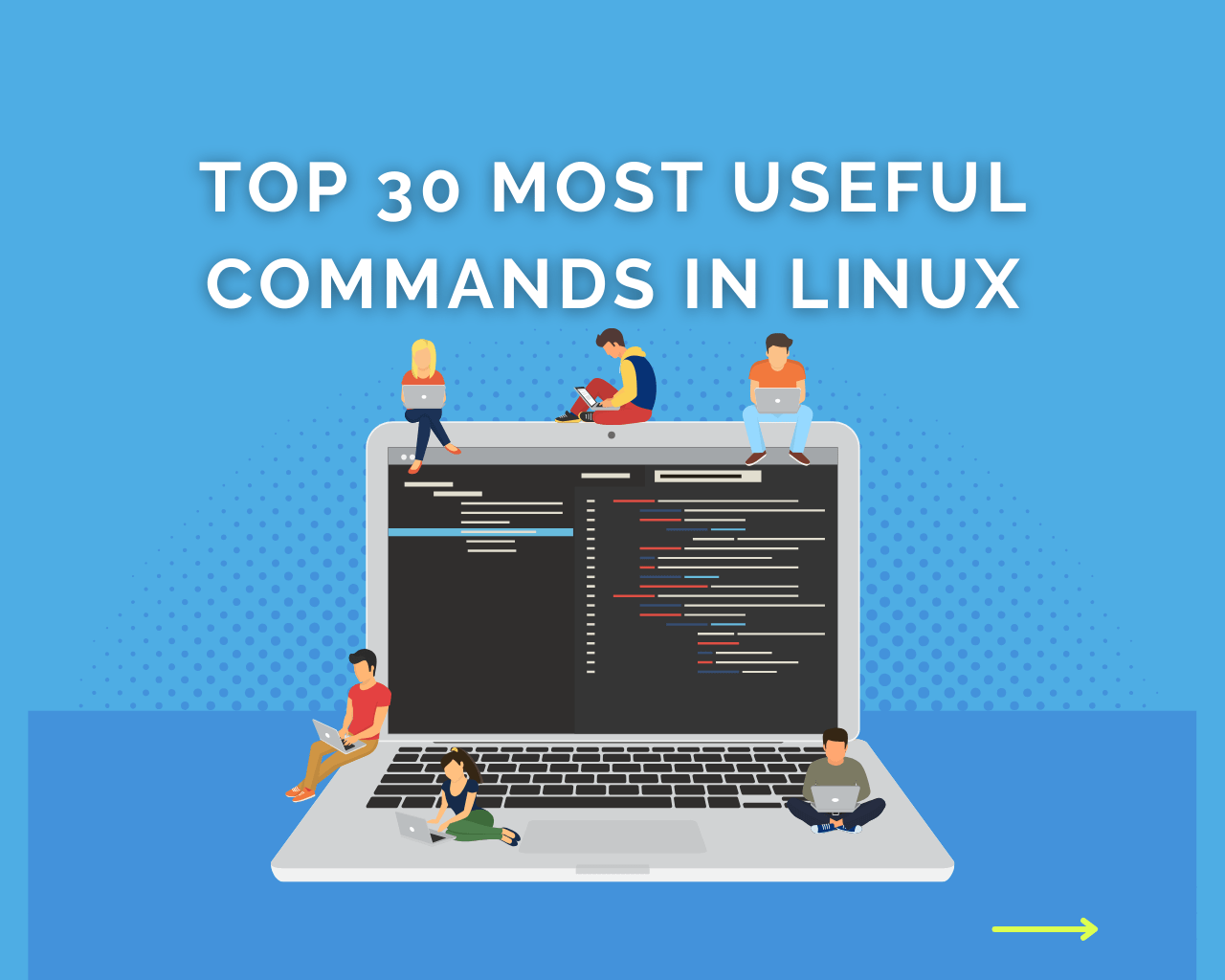



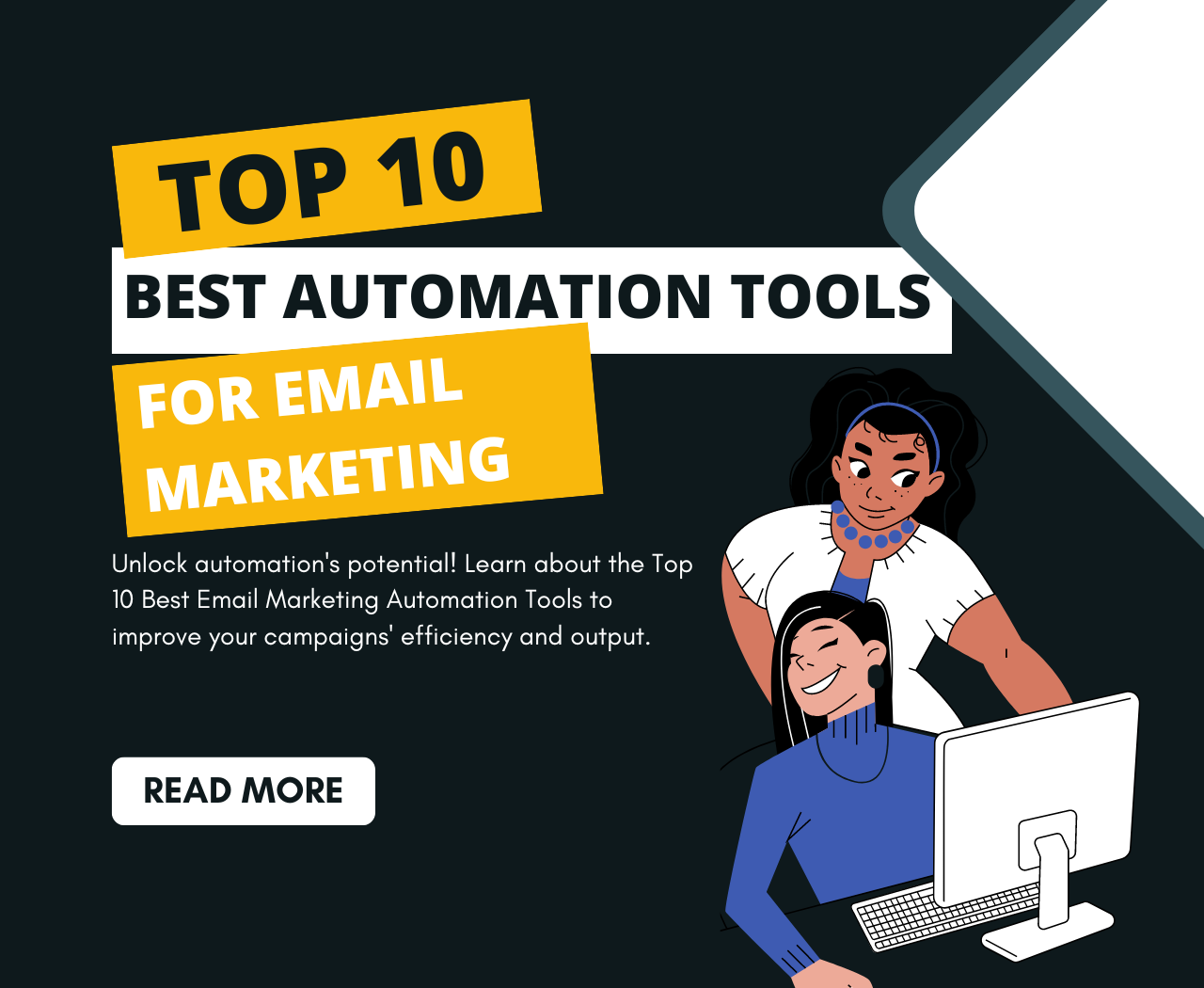
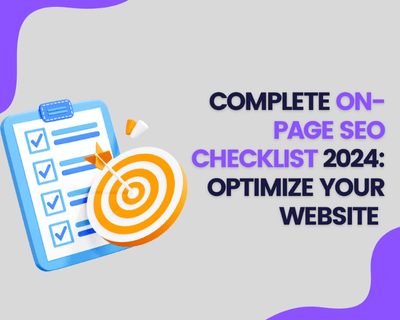

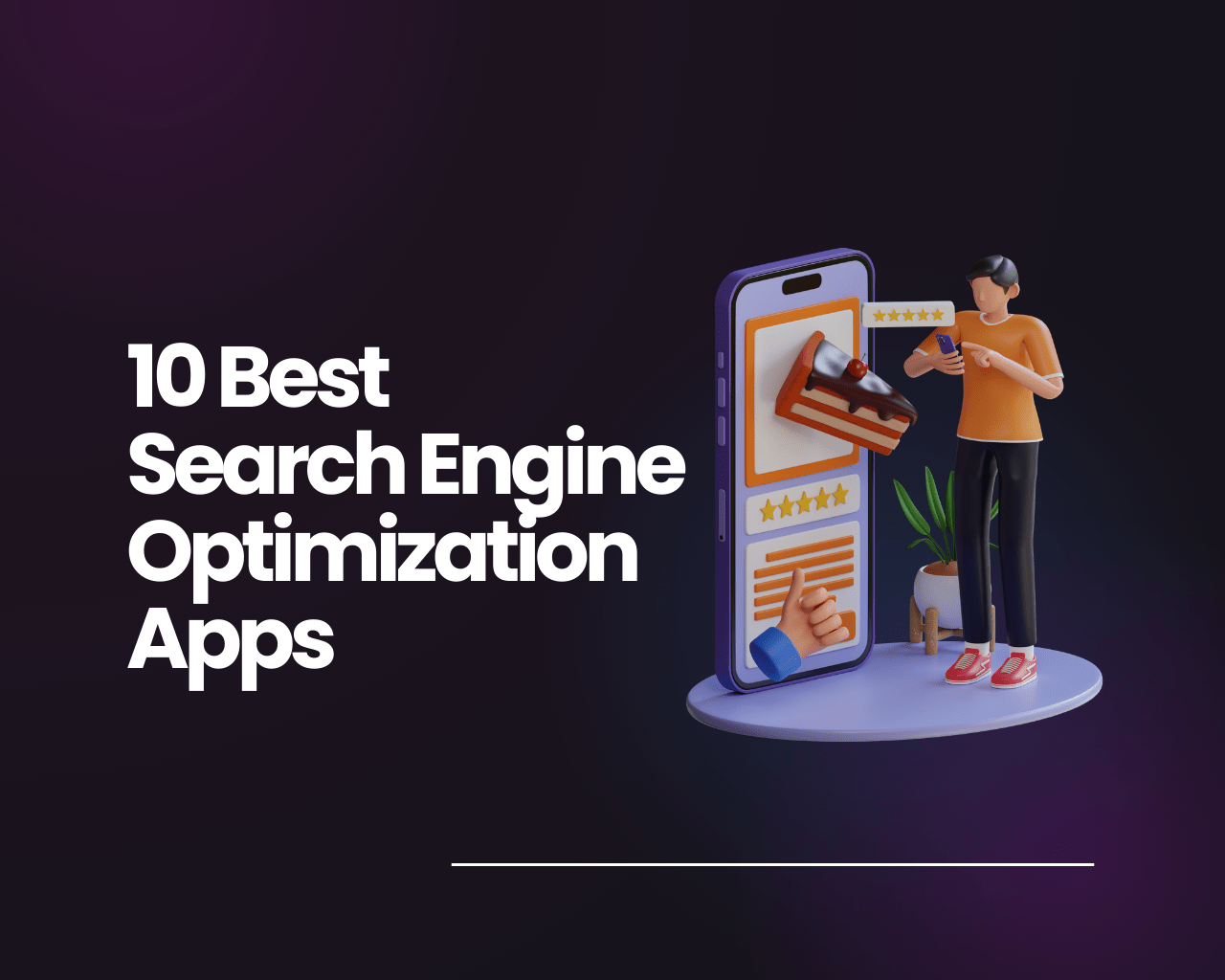

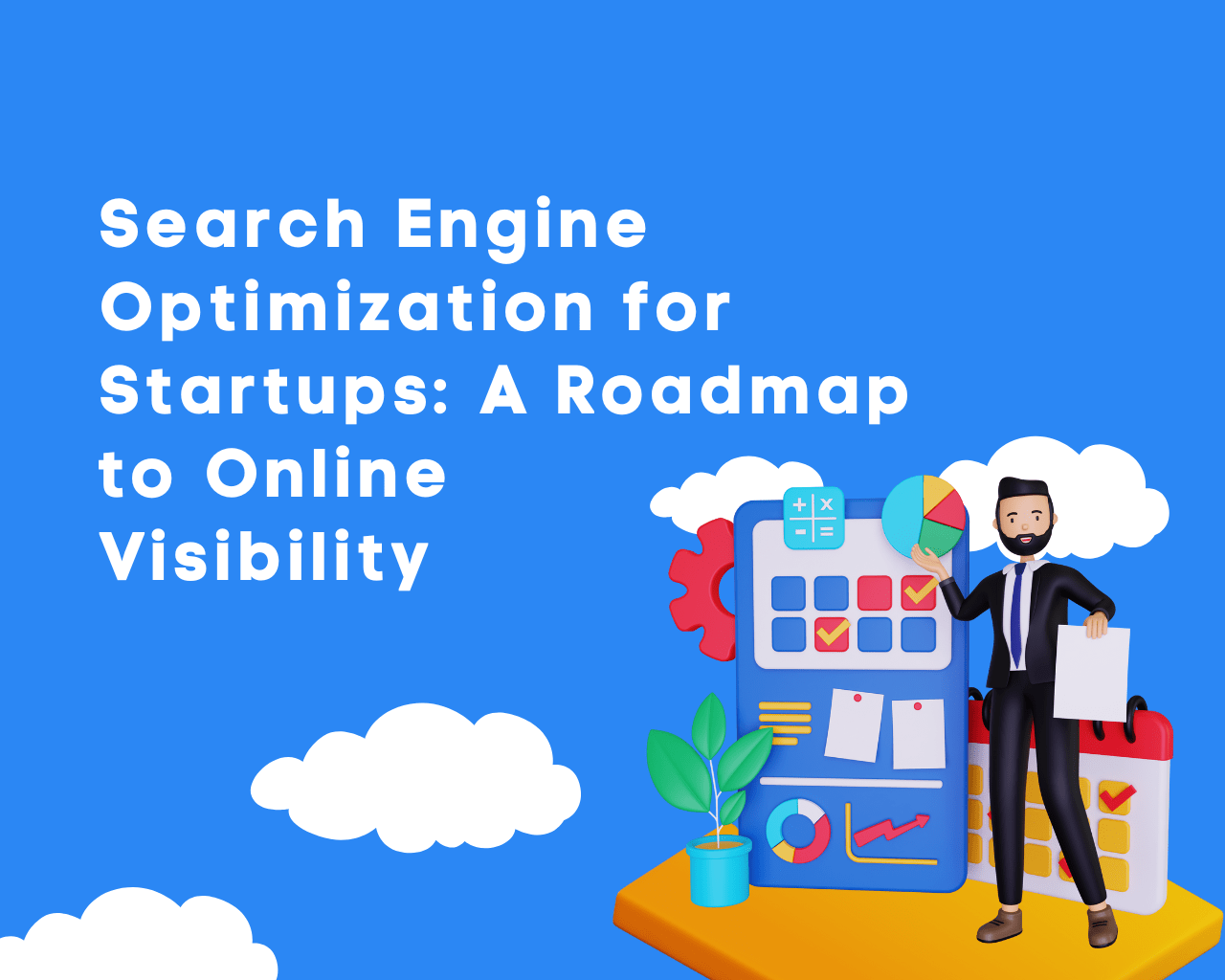


Find Us on Socials